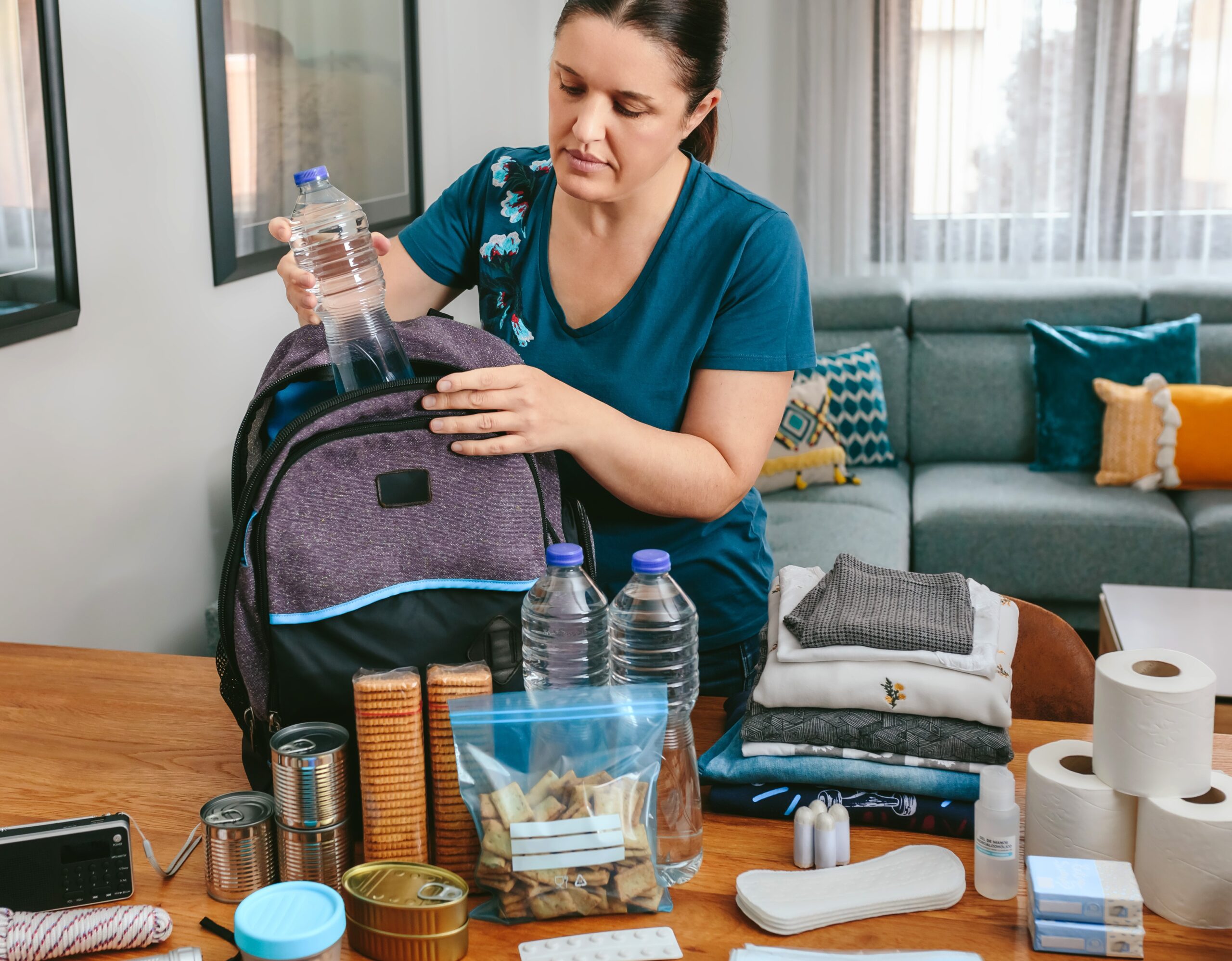From Hurting to Healing: Creating Trauma-Sensitive and Healing-Centered Family Child Care Programs
Log In
$99
Details
Course Length
10 hours
Delivery Method
Asynchronous eLearning
Category
On-Demand eLearning
Course Summary
Creating trauma-sensitive and healing-centered environments requires leaders to be trauma-informed and well-supported. This five-module course provides family child care educators with the concrete knowledge to recognize trauma and respond to it in sensitive and culturally responsive ways. Each module explains how trauma affects staff, children, and families and how to reduce trauma’s negative impact through healing-centered practices.
Module 1. Developing the Trauma-Sensitive Educator
Learners will discover the signs and symptoms of experiencing trauma, explore how educators can create safe spaces for trauma-impacted adults and children, and gain skills in considering the impact of trauma on interpersonal relationships and behaviors. Explore applying trauma-sensitive practices and policies in the community and in larger systems.
Module 2. The Impact of Trauma on Behavior
Learners will be given methods and opportunities to practice discussing concerns with families about evidence of trauma in children’s play and make appropriate referrals for child and family support, including collaborations with other service providers when indicated to assure children’s safety in a non-stigmatizing way.
Module 3. Culturally Responsive Teaching and Trauma-Sensitive Care
Learners will explore how to create supportive environments and engage in culturally responsive and trauma-sensitive practices by examining their cultural beliefs, identifying historical and generational collective trauma, and defining culturally responsive practices.
Module 4: Creating Trauma-Informed Policies & Environments
Learners will explore how to apply strategies to help reduce the impact of trauma on children’s development. Strategies will include incorporating trauma-sensitive strategies into emergency preparedness plans.
Module 5: Buffering the Impact of Secondary Trauma
Learners will be better prepared to recognize secondary trauma/stress symptoms, signs of professional burnout, and compassion fatigue. Learners will identify their triggers and build healthy coping skills. Learners will gain tools and strategies for self-care and consider how that differs from self-compassion.
No prerequisites are required. Click here to learn about TSI Training Policies
CEUs are earned when the learner completes all activities and knowledge checks.
CEU Credits
1.0 CEUs
CDA Competency Area
- Content Area II: Steps to advance children’s physical and intellectual development
- Content Area III: Positive ways to support children’s social and emotional development
- Content Area IV: Strategies to establish productive relationships with families
MN KCF Content Area
- II.A: Creating Positive Learning Experiences
- II.C: Promoting Social and Emotional Development
- III: Relationships with Families
- III.D: Cultural Responsibility and Practice
- IX: Trauma Informed Care
Level
3 (Advanced)
State Approval
- MN
- VT
Objectives
In this course, you will learn to:
- Explain parents’ and educator’s use of trauma-informed perspectives on individual children’s development.
- Reframe concerns with families about evidence of trauma in children’s play and make appropriate referrals for child and family support, including collaborations with other service providers when indicated to assure children’s safety in a non-stigmatizing way.
- Produce policies and culturally sensitive practices that buffer the impact of racial trauma on children, families and caregivers.
- Build opportunities for children to experience power, privilege, and predictability that provide a sense of safety from harm.
- Promote policies and culturally sensitive practices that buffer the impact of racial trauma on children, families and caregivers.
Criteria to earn CEUs:
- To receive a certificate and CEUs, you must complete all components of this course, including scoring 80% or higher on the review quiz. You can retake the final review quiz and all interactive components as many times as needed.
- No prerequisites are required. Click here to learn about TSI Training Policies
Required Technology and Logistics
- Users are highly encouraged to take their online course on Google Chrome on either a laptop or desktop computer.
- A stable internet connection is required for the completion of this course.
TECHNICAL SUPPORT
If you have any technical support issues while taking the course, please contact our help desk at 651-233-2263 or institute@thinksmall.org.








